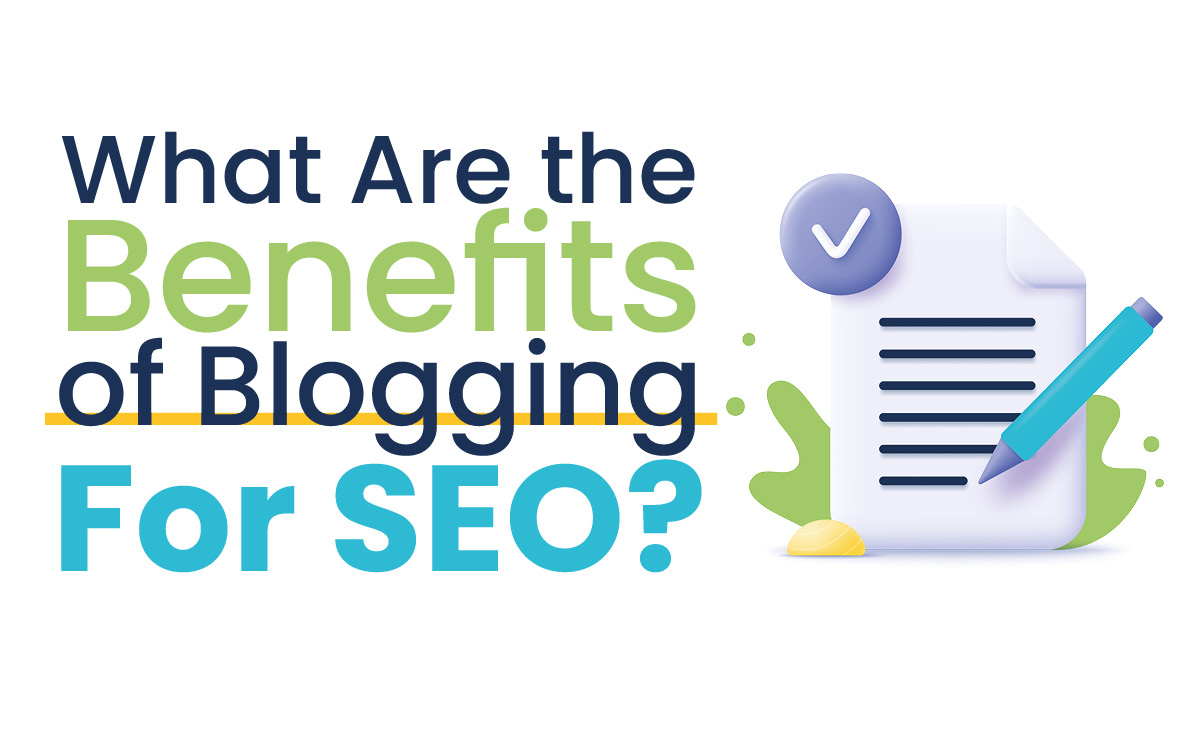
AI is everywhere these days. Tech companies are scrambling to add generative AI features to their services, and for millions of people, running questions past ChatGPT has become as routine as searching for information on Google. Whether you love it or you hate it, AI seems to be here to stay.
This raises a question for webmasters and SEOs: should we just use AI tools to generate our website content? Chatbots like Microsoft’s Copilot and the aforementioned ChatGPT can spit out thousands of words on just about any topic you like, but is this AI-generated content actually capable of competing in the organic search results?
We’ve taken a close look at Google’s official stance on AI and run some tests to discover the truth. Read on to find out whether you can rank with AI-generated content.
More...

Creating a successful and engaging blog involves more than just crafting well-written content. Choosing the right topics for your blog – topics that will really resonate with your audience – is crucial for driving meaningful engagement and improving your website’s rankings.
In this blog post, we will go over some of our best advice on how to choose blog topics that will get results and keep your audience coming back for more.
More...

There’s no real right or wrong way to write a blog. Anyone can do it. But the biggest difference between a good blog and a great blog that ranks highly on Google is SEO.
SEO (Search Engine Optimisation) is ever changing and the list of ways in which to enrich your online content is practically never-ending. Sound daunting? Don’t worry, keep reading for our 5 simple tips on how to write a blog post that ranks!
More...

When you blog for SEO, your main aim should be to create and update a blog that improves your search engine rankings for certain keywords. To do this, you will have to conduct keyword research, build links, optimise images, and write compelling and engaging content.
All of this sounds like a lot of work, so what are the benefits of blogging for SEO?
More...